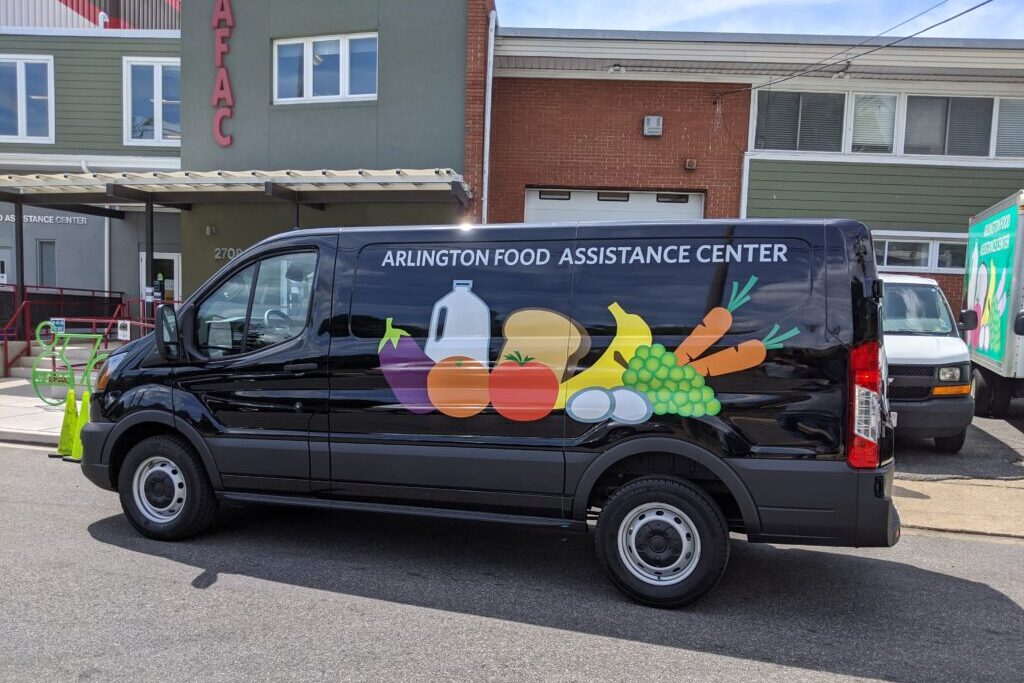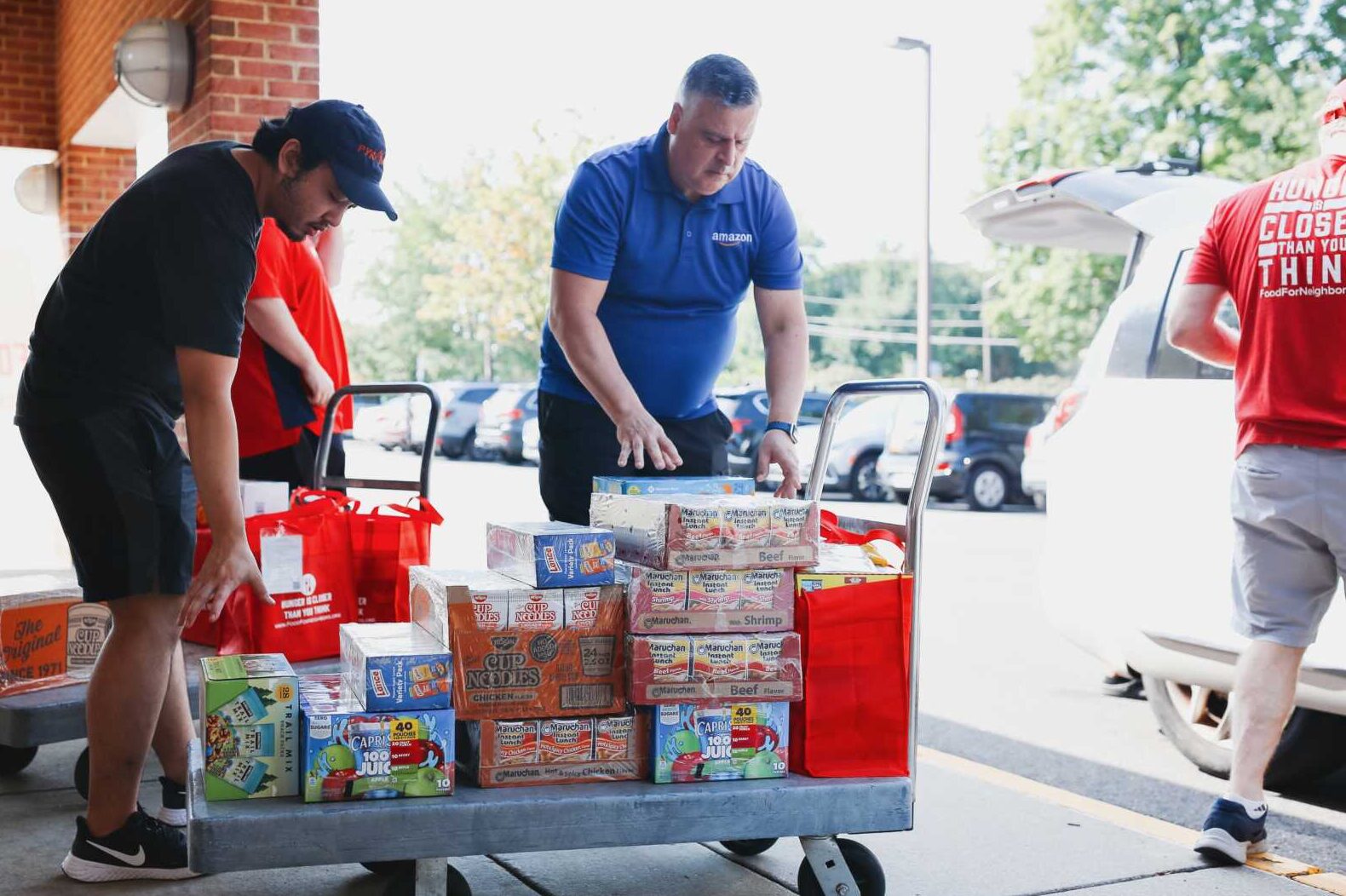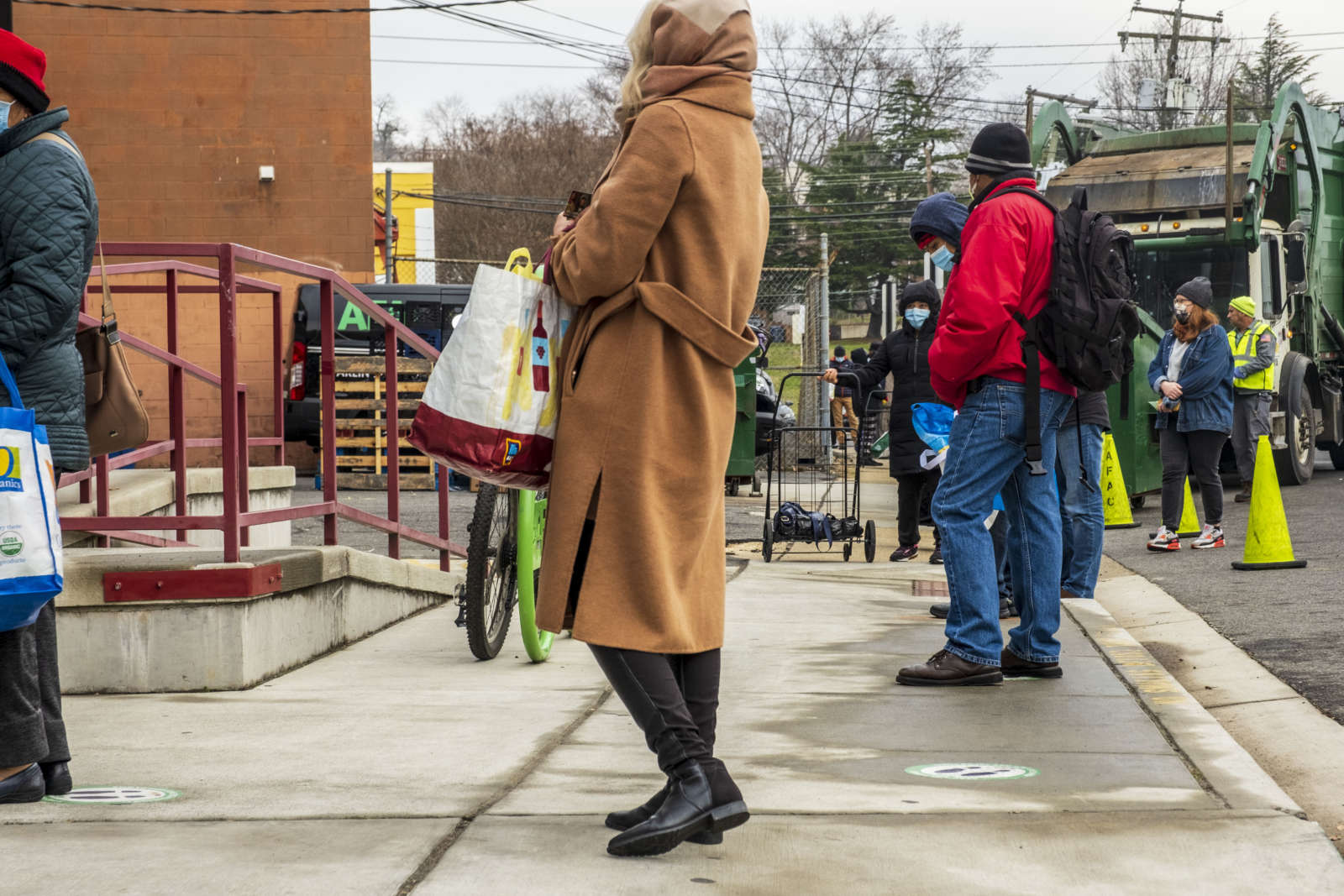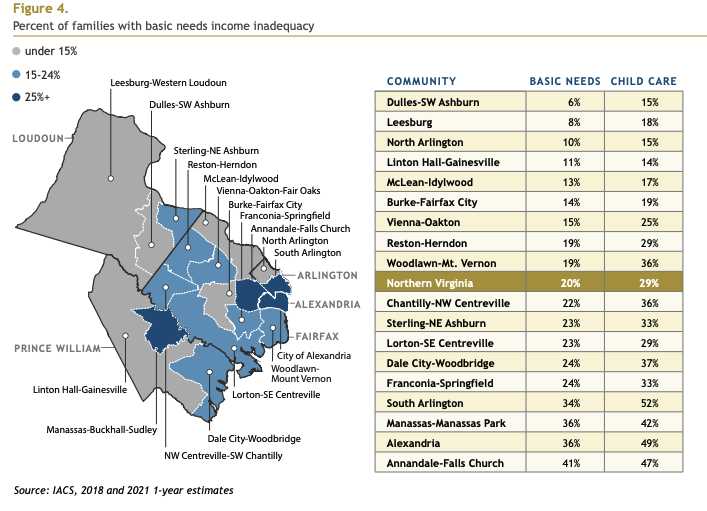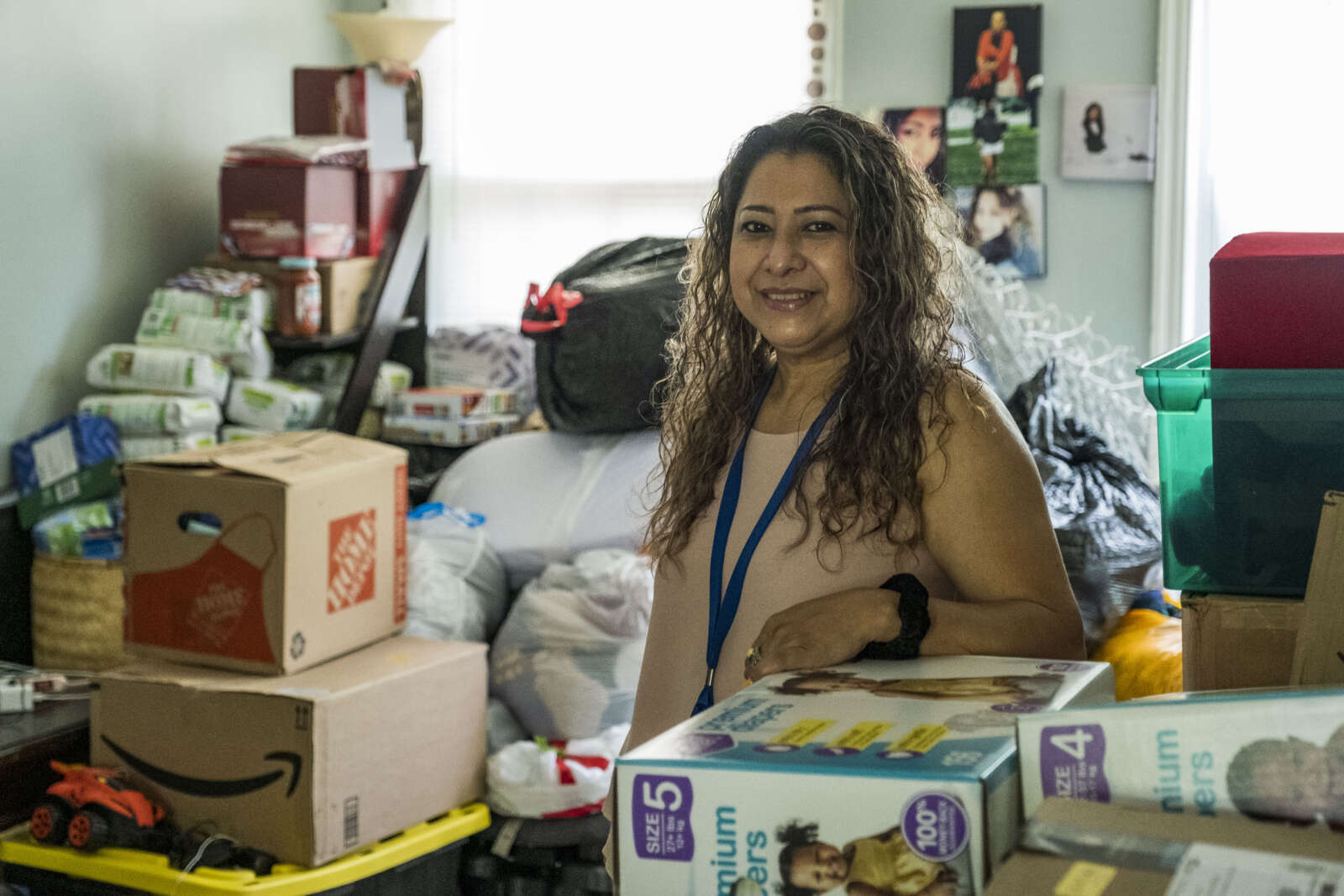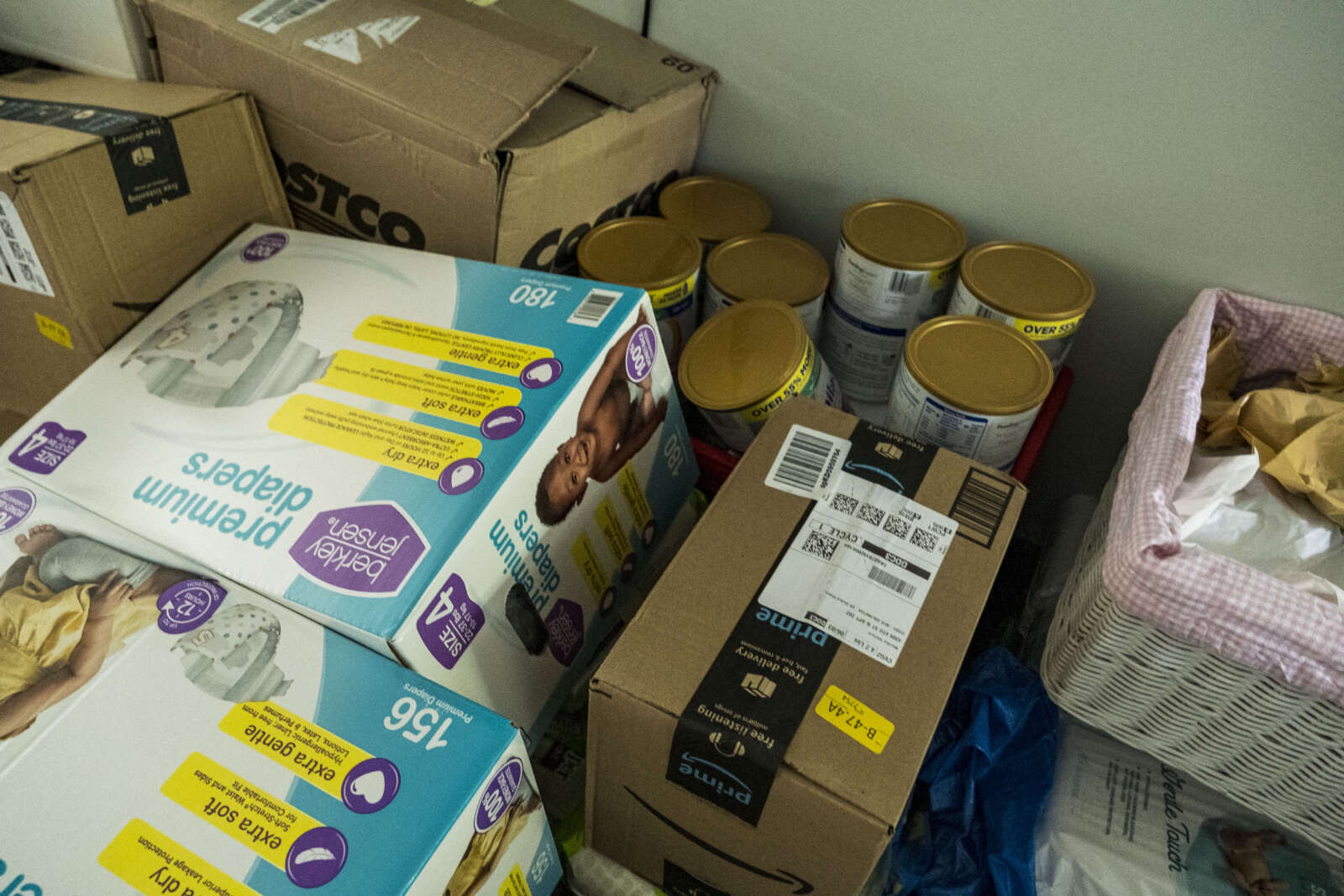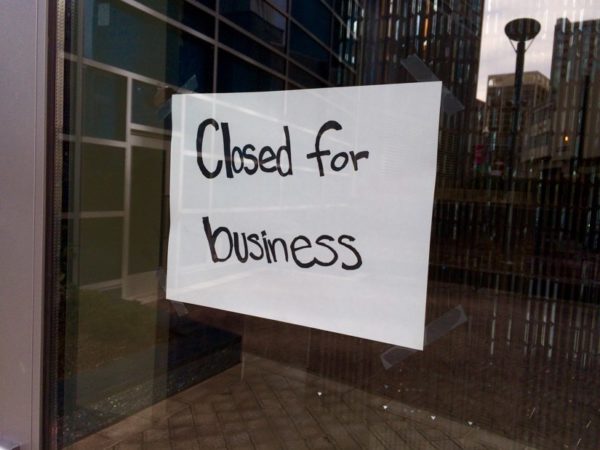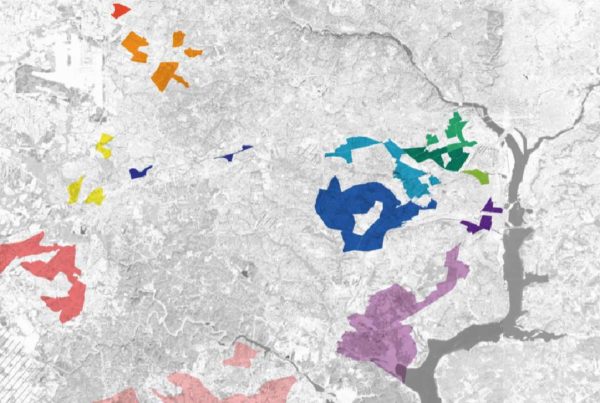Until last week, Adele McClure lacked any photographs of her biological parents together.
Now, the 34-year-old Delegate-elect representing Arlington’s 2nd District has two such photos.
“I never thought I would ever see my parents in the same room,” she told ARLnow. “At one point, I thought I would never see my father or even knew what he looked like.”
Just witnessed my parents reunite for the first time tonight in over 34 years—since right before I was born. Tonight I took the very first picture that I own of my parents together.
Nothing can begin to describe or top this positive moment in my life tonight. pic.twitter.com/jNz3R5tp78
— Adele McClure (she/her) (@AdeleMcClure_) December 7, 2023
Her father had just come back to the U.S. from a visit with his family in the Philippines and asked to have dinner with McClure, who subsequently invited her mother.
“I just mentioned to my mom, very casually, ‘Hey, my dad’s gonna be in town. She was like, ‘Really?’ And all of a sudden, the stars kind of aligned and they met for the first time since I was born,” she said.
While McClure has been in contact with her biological father, Romy, since the age of 16, it marked the first time her mother, Minnie, had seen or spoken with him since before McClure’s birth.
“For me it was significant because it’s something I hadn’t witnessed until much later in life,” she said. “It was certainly a surreal moment to see both my mother and my father sitting across from me, side-by-side.”
Although deeply meaningful for McClure, the reunion was tinged by the fact that she and her three siblings — who share a different absent biological father — had to navigate the challenging realities single-parent households face.
In 1988, about a year before McClure was born, her parents met and dated briefly in Yuma, Arizona. They became estranged after McClure’s father, a U.S. Army official, was deployed to Alaska.
Almost a decade later, McClure’s life took a dramatic turn after her mother was engaged to another man. Then 9-year-old McClure and her three siblings relocated to Alexandria to live with their mother’s new fiancé but soon after found themselves in a motel after getting kicked out of their new home.
McClure and her family frequently moved as her mother, who worked various minimum wage jobs, often faced evictions because she could not afford the rent.
“I knew what evictions were. I knew what not making the rent meant. I knew all that stuff at an extremely young age,” McClure said.
While still in high school, she juggled three jobs and cared for her niece and nephew while her brother was incarcerated. McClure said she remembers that, at one point, she and her siblings had nothing to eat and survived by drinking water for days at a time.
Aware of the stigma being homeless carried, she chose to keep her family’s challenges a secret from friends and classmates.
“I would get off at the bus stop and pretend like I was walking to my old apartment. And then, when my friends would get to a certain point, I would say, ‘Oh, I forgot something. I gotta go to the store.’ And then I’d walk to the hotel,” McClure said.
McClure says her mother eventually found stability when she received a housing voucher and became an early childhood educator in Alexandria.
The experience of facing homelessness during her formative years, however, left a lasting impact on McClure and steered her towards housing advocacy and politics.
“I got to see how firsthand how housing is truly the the center of everything,” she said. “You cannot have stability in your employment or education or receiving mental health treatment or substance use disorder treatment or any of those other things without some sort of stable housing.”




